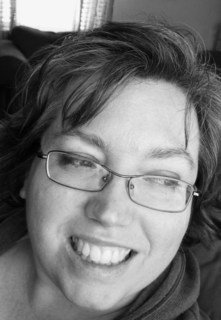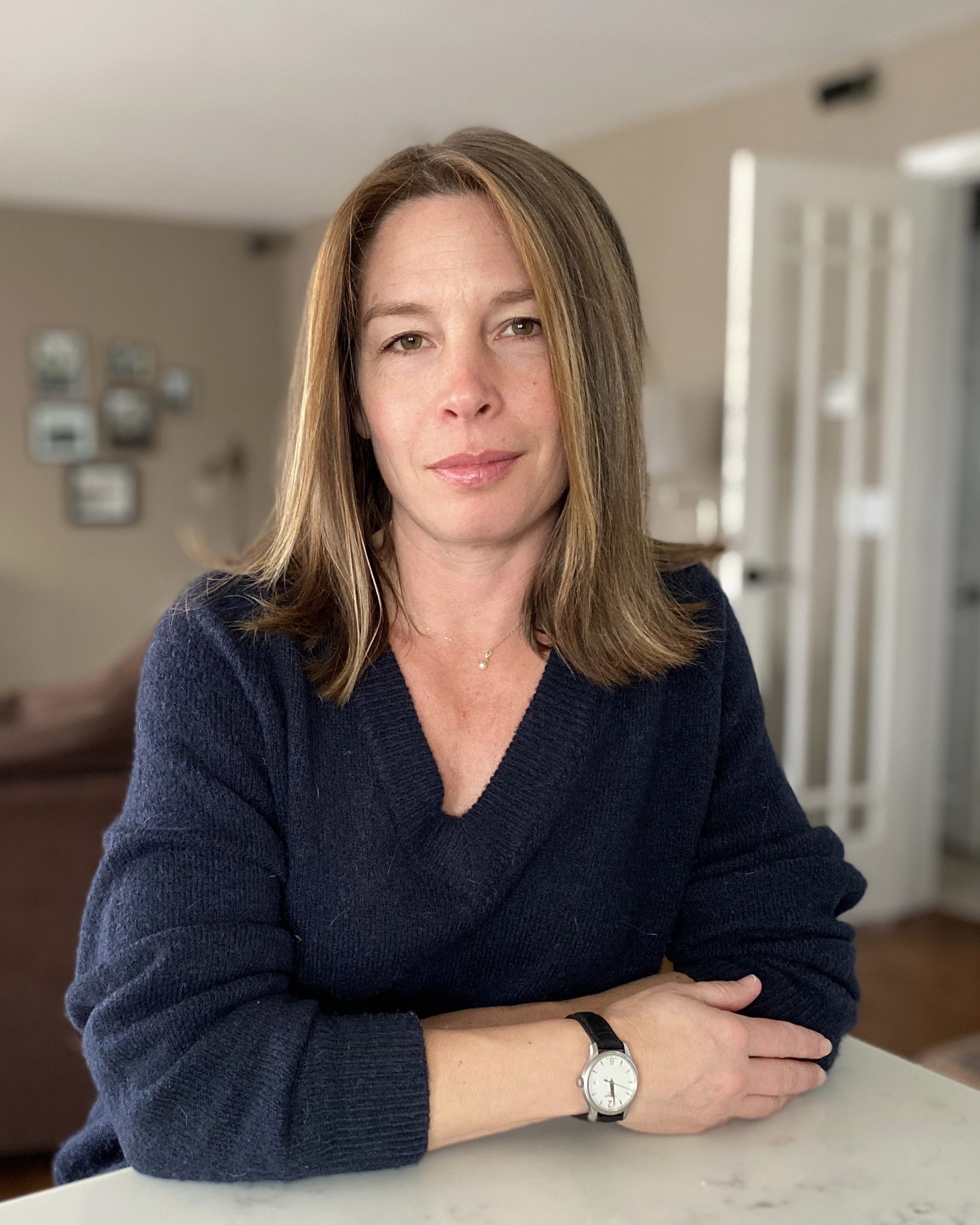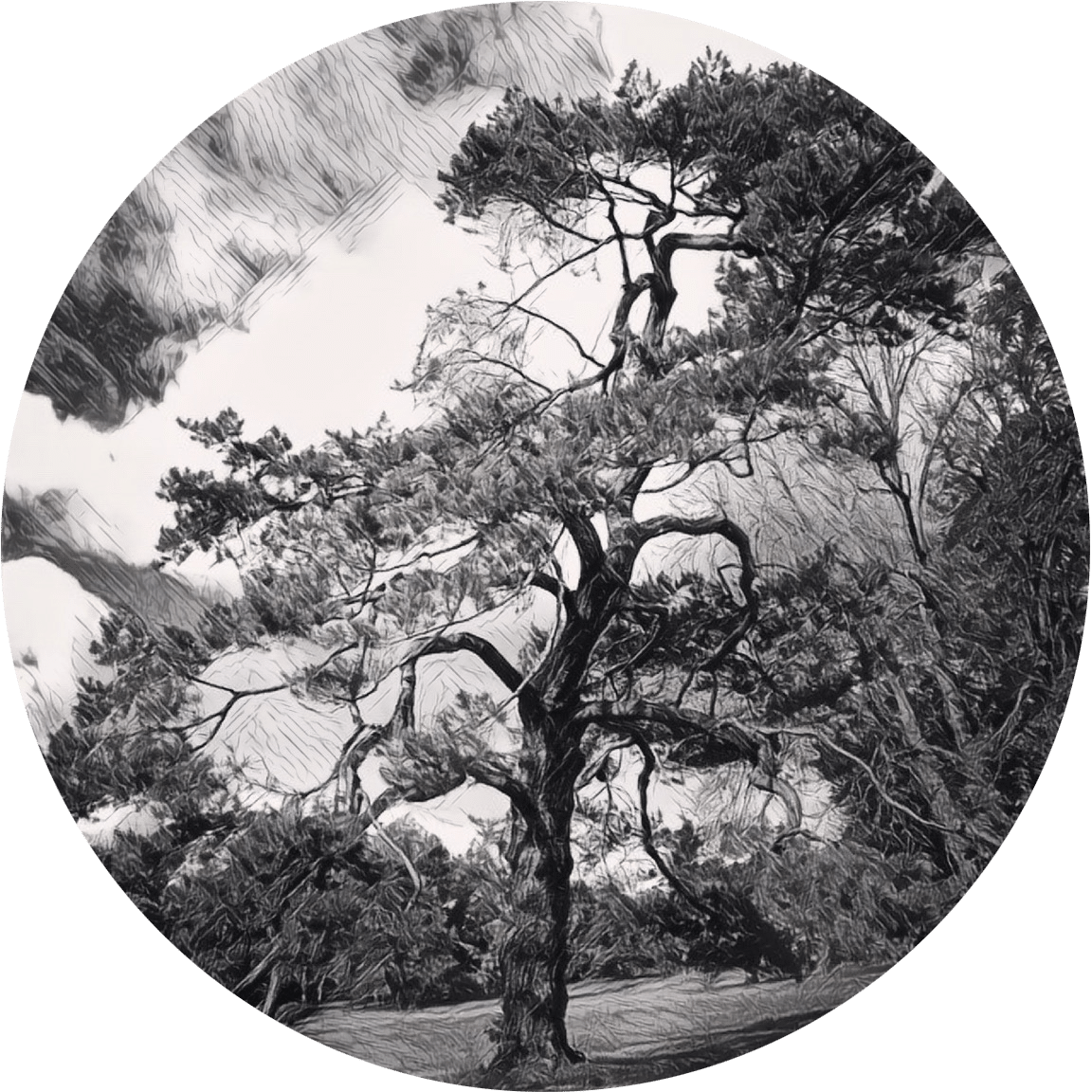I had so much fun interviewing RJ Keller about The Wendy House (working title) before that I thought I’d do it again. (Admittedly, I might have been finding a passive-aggressive way to say, “Hurry up and finish so I can read it!”)
Q: Let’s just dive right in, shall we? I, like many, have been waiting impatiently for you to finish The Wendy House. I know writers don’t like, need, or want pressure, but–well, strike that. What writer could possibly complain about readers being impatient for their next novel?
RJ KELLER: It’s a great problem to have. I can’t complain. In fact, I’m getting impatient for it to be be finished, myself.
Q: The Wendy House is a working title. Have you considered alternate titles (and if so, can you share one of them)?
 RJK: I haven’t, actually. It strange, because Waiting For Spring didn’t have a title until I was getting ready to query agents, and then it was a difficult job coming up with one. I’ve been calling this book The Wendy House pretty much since day one, and it’s only been recently that I’ve been second guessing myself on it. Time will tell.
RJK: I haven’t, actually. It strange, because Waiting For Spring didn’t have a title until I was getting ready to query agents, and then it was a difficult job coming up with one. I’ve been calling this book The Wendy House pretty much since day one, and it’s only been recently that I’ve been second guessing myself on it. Time will tell.
Q: Is it true what they say about writing the second novel? Has it been harder than writing the first?
RJK: I’ve found it to be very difficult, to be honest. When I began writing Waiting For Spring, I was doing it for myself. I was doing it for fun. And even when it got to the point where I knew I wanted to do something with the manuscript, the only expectations were those I put on myself. I started The Wendy House knowing that I was writing it for public consumption. At times that knowledge has been very overwhelming, to the point where I began to second guess the story, the characters, and myself. I’ve spent the last couple of months trying to block out any outside expectations and focusing instead on how much I love writing, which has helped a great deal.
Q: BookBaby recently broached the topic of writer creativity – that is, what happens when writers feel like they’ve lost it. I understand NyQuil was a great aid to you while writing Waiting for Spring.
RJK: I actually tried NyQuil again, to see if it would help. It just put me to sleep. I think I’m getting old.
But yes, the past couple of years has been full of those moments. When I was writing Waiting For Spring, the words flowed easily. With The Wendy House it’s been more of a struggle. There’s a lot of rumination about death in this novel, which wasn’t a problem for me when I first started writing it. A short way through the first draft, though, my father died. Shortly after that I lost a close friend, discovered that my grandmother had terminal lung cancer (she passed away recently), and then a cousin to whom I was very close died unexpectedly. Obviously it was a rough time, and I was feeling a bit raw emotionally.
I’ve always been that annoying type of person who needs to chew on those feelings for awhile before dealing with them properly, so I found it difficult to visit the dark places I needed to go in order to do justice to the story. And that left me feeling very inadequate. I mean, that’s what a writer is supposed to be able to do; tap into those emotions and use them. That’s our job. Instead I found myself having to distance myself from them for awhile, at least until I got the first couple of drafts written. But I think the stepping back is what this book needed, because I was able to focus on plot first and then go back and experience things through the characters, instead of through myself.
Q: I’m very sorry to hear you’ve experienced so much loss in such an incredibly short amount of time.
There’s no very tactful way to transition from that topic into another question, so I’ll just do it and trust that you know I’m not being rude.
Where are you now in TWH, what is the next step (re: TWH), and when are you taking it?
RJK: Right now I’m still doing edits and rewrites. If you were to compare The Wendy House to a literal house, you could say I’m putting on the roof and siding. Or something like that. Actually, since I don’t know anything about carpentry I should probably stay away from construction analogies. I’ll just say that it’s very nearly completed and that the next step is sending it off to my editor.
Q: Do you have an idea for another book to work on once you finish TWH? (If so, what is it?)
RJK: I do indeed. I hate to give too much information out at this point, in case I make changes (because that’s what I do), but I can tell you that it takes place in Maine (shocker!) and that the two main characters are a recovering addict and a comic book store owner. And that they don’t fall in love.
Q: Waiting for Spring and TWH both offer characters who abuse substances (whether legal or illegal), too – what is it about substance abuse that appeals to you as a writer?
RJK: I’ve experienced the powerlessness that comes with watching someone I love struggling with addiction, several someones, actually. So when I was writing Waiting For Spring, I did it from the outsider’s point of view. But I was also intrigued by something a friend of mine once said about how it feels when you’re the one who’s dependent on a substance: “When I tried to quit it was like going outside in a snowstorm without any boots.” That was an image I couldn’t shake, so I picked up Rick’s story. Now I’m looking forward to exploring how a person who’s gone through that, someone who has had to lie and steal from people she loves in order to keep those figurative boots on, goes about starting her life over, how she steels herself to face up to all of that.
Q: What is it like to work on one book while you have an idea for the next one? Are you able to put the next idea aside, or do you find it trying to work itself into something while you’re busy trying to finish what you’re already doing? Does a character from your new idea ever try to jump in and ruin (“enhance” might be your character’s word preference) a scene?
RJK: It’s funny, but with Potential Book #3 I haven’t had that problem. It’s got such a different feel to it than the other two novels that it seems to be staying in its proper place. For awhile I had a hell of a time keeping Tess’s voice from creeping into The Wendy House, though, particularly into Wendy’s journal entries. Tess doesn’t know the meaning of “proper place.”
Q: You were recently given more time to write through a fortuitous job change. Congratulations! How do you expect things to change?
RJK: Already I feel like a new woman, and a new writer. When I was younger – even five years ago – being on a nocturnal schedule actually helped to fuel my creativity, so I thought working the graveyard shift was a great idea. It only took me four years to realize that it wasn’t. My new job gives me four solid days (in a row!) to devote to writing, and I get to sleep. Win-win!
Q: Waiting for Spring continues to receive comments about the language. But I’ve read several books with the “f” word on multiple pages. Why do you think the language in your book seems to drive people particularly crazy?
RJK: I wish I knew! My husband’s theory is that there are a lot of readers who think they’re getting a romance novel, which Waiting For Spring ain’t, so they’re taken aback when they’re hit with f-bombs. It’s as good a theory as any, but I’m open to others.
Q: There is great pressure to be noticed, these days. Evidence of this can be found in the many reality TV shows paying attention to all sorts of people for very little reason. Have you considered taking unusual measures to make sure The Wendy House is noticed as widely as Waiting for Spring was? By “unusual” I don’t mean writing another good novel – I mean, have you considered (and I actually mean this) the potential impact of including elements that seem to get a rise out of people and – in turn – get them talking? This may be a larger question about “art” versus “profession,” and whether and where the two join. Many writers have said it’s often necessary to write what will sell. Be true to yourself, yes, but only to a certain degree; after all, you have a paycheck to think about. Where do you stand on the “art” versus “making a living” see-saw?
RJK: I’ve never considered writing anything controversial or attention-getting or gimmicky into a book just for the sake of increased sales. Obviously I hope my books sell well, and I would truly love to make a living by writing alone. But that’s because I love writing more than pretty much anything else, except for pie, and if I didn’t have to have a Real World job there’d be more time for me to do that.
But my family lives pretty simply, so even in this economy I can always find a job that will help to pay the bills, even if it’s a shitty, menial job. And if I wrote only what I thought would sell, then writing would become a shitty, menial job. Besides, this life I’m living right now is the only one I’m going to get, and it’s only going to last for so long. What I leave behind is important to me. I’d rather leave behind books that I’m proud of, and that I enjoyed writing, that only sell a handful of copies than stuff I’m embarrassed by that sells a million.
Q: I want to talk more about The Wendy House. Please give me a list of four characters and tell me who they are/what they’re like.
RJK: Rick LaChance – I guess you could call him the protagonist. He’s good-looking and quite charming, but he’s a self-absorbed alcoholic who abandoned his family after his wife died. And he spends most of the book preparing to kill someone. So I don’t think you could call him a hero.
Wendy LaChance – Rick’s long-dead wife who’s not as pure as most people think. She appears in the novel through journal entries, which she wrote as a confessional while she was in the last stages of cancer, and in Rick’s semi-drunken hallucinations, where she acts as his conscience.
Shannon Kinney – She owns the liquor store across the street from Rick’s apartment, which means she sees a lot of Rick and knows him very well. She helps him in his quest to commit a brutal murder, for reasons of her own.
Stephanie Nichols – Rick’s latest twenty-something girlfriend. She makes an unexpected connection with Wendy, and goes to extreme lengths to provide Rick with an alibi.
Q: The name Shannon Kinney sounds awfully familiar.
RJK: Indeed it should! The character is named after a good friend of mine who also appeared in a Paper Rats video. I want to emphasize that “named after” doesn’t mean “based on.” As far as I know, the real Shannon has never been an accessory to murder.
 Q: What was your first pie, and is that also your favorite pie?
Q: What was your first pie, and is that also your favorite pie?
RJK: I believe my first pie was apple, which is also my favorite pie. I’m rather fond of a good lemon meringue or cherry pie as well. Not to mention coconut creme. And peanut butter pie.
Q:You brought home-baked cookies to one of your book readings for Waiting for Spring. I just read that Chuck Palahniuk once shipped autographed inflatable penguins (for his fans) to the locations where he would be reading. What autographed item would you bring to your reading of The Wendy House?
RJK: Empty plates, so people could bring me pie.

Kristen Tsetsi is the author of the post-Roe v. Wade novel The Age of the Child, called “scathing social commentary” and “a novel for right now.” She is also the author of the novels The Year of Dan Palace and Pretty Much True (studied in Dr. Owen W. Gilman, Jr.’s The Hell of War Comes Home: Imaginative Texts from the Conflicts in Afghanistan and Iraq). Kristen’s interview series at JaneFriedman.com offers behind-the-scenes insights into all things writing and publishing.



You two Paper Rats crack me up. Another riveting interview. I’d write much more about my admiration of you both, but I’ve got a job to get to. A friend of mine needs some help…[wiggly eyebrows].
You rock.
Great interview – good questions, interesting answers. Intriguing ways to bring Wendy into the novel after her death. I am looking forward to reading TWH!
BUT – I have one bone to pick with you. I’ve just gotten home from a road trip to south Florida. Uh, key lime pie??? How could you leave it out?